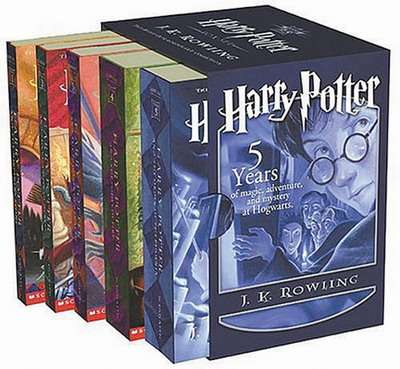
Now I'm not into tabletop gaming. I've never played D&D or Warhammer or anything of that sort, and I'd heard people saying that Warbreaker was, in their mind, a narrative of a tabletop campaign, and that was why they liked it so much. Well, despite the fact that I don't play tabletop games, I loved this book. I simply couldn't put it down.
From the get go I was confused and intrigued by the use of Breath and colors for Awakening, Sanderson doesn't really ever explain it but you grow to understand the basic rules as the narrative develops. Eventually Awakening is sort of explained when Vasher is trying to instruct Vivenna on how to Command objects in order to Awaken them, but largely the reader has to draw their own conclusions. And I liked that, it made me think. I had to draw my own conclusions and come up with my own theories which kept me reading to either confirm or deny what I thought to be true. Throw in a dash of political intrigue, several strong lead characters in whose story I was invested, and you've got a story I want very much to read. Literally towards the end of the story I was sitting on the couch reading and reacting to the climax of the story whilst my boyfriend sat by, holding my hand, waiting for me to finish the book.
And, as I mentioned in class, when I finished the book I was surprised. Slightly upset even. The .pdf file told me there were about a hundred pages left and so I was expecting to read about Kalad's Phantoms taking down the Lifeless army and Siri and Vivenna dealing with peace talks between Idris and Hallandren. But right after Vasher was revealed to be Peacegiver and Lightsong sacrificed himself to heal Susebron the chapter header was suddenly 'Epilogue' and I was a bit shocked, I was so invested in the story and the characters and how they all tied together that I just wanted to know more, and had been led by the .pdf's page count to expect that.
But it's probably good that the story ended where it did, it left me wondering about what else could go on in the world that the author had created, and so I am left again to draw my own conclusions and create my own ideas within that landscape.


